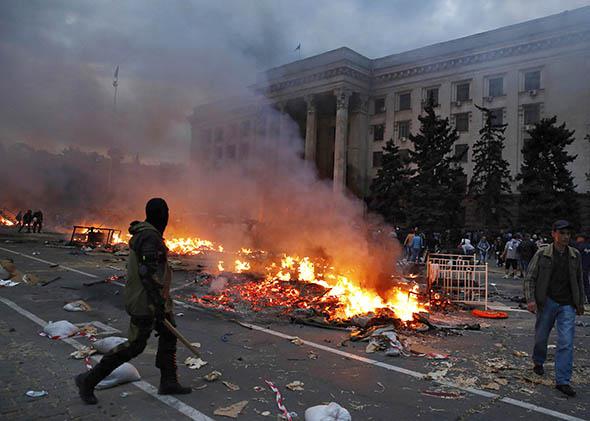The world economy is facing a huge downfall for the past decade. The 2008 financial crisis can still be felt worldwide. Though some of the developed countries are trying to recover from the huge Economic depression, there are others that will soon face an economic collapse due to financial crisis. Additionally, from the year 2020, the COVID-19 pandemic has worsened the situation, even more, resulting in unemployment, medical crisis, and prices of commodities increasing to name a few.
What Is An Economic Collapse?

Economic collapse refers to a certain time period when the economy of a Nation, or the world economy as a whole, is facing a huge downfall. Here we present some of the causes of the financial crisis:
- Hyperinflation
Hyperinflation is a situation when the government issues more money to manage the economic slowdown, which increases the demand of the consumers, thereafter, reducing the supply of commodities causing the economy to crumble into pieces.
- Post-war Slows Down
The economy of a nation develops slowly after surviving any war, as we have witnessed during the Second World War, causing the economy to fall apart into pieces.
- Downfall In Investament
When the investors refuse to invest in markets and prices of commodities increase manifolds, the consumers put a stop to buying things which is the main cause of unemployment and shutdown of industries, leading to an economic shrink over time.
Also Read – All You Need To Know About Fixed Interest Rate Vs. Floating Interest Rate
Countries To Face Economic Collapse due to Financial Crisis
1. Greece

The economic crisis of 2008 caused havoc worldwide. But, Greece was the country to have suffered the most. Before the 2008 Crisis, the then ruling Government had borrowed a lot more than it could repay back. During the crisis, it entered the eurozone and asked for help from the EU and IMF receiving huge loans, but with high interstate rates which worsened the condition even more.
- Since then, the citizens of the country have experienced increased taxation, low pensions, high unemployment rates, etc. which led to widespread protests by the public. The investors refused to invest in markets and now nobody was ready to lend Greece any monetary help.
- Though the Government and finance minister have lengthened loan bailouts and cut takes, the condition tends to worsen more till today.
- The economy has shrunk down to 25℅ than when the crisis started. The country has a public debt of around 196..6℅ of its GDP, which is quite shocking. Greece is the most indebted economy in the world, which is on the verge of an economic recession.
2. Venezuela

Venezuela, the largest reservoir of oil in the world, is suffering a huge crisis. In 2013, after the death of former President Chavez, Maduro came into power. The Government started printing more currencies, leading to inflation. Oil prices continued dwindling.
- By 2015, the economy was shrunk by 7℅ , worsening the trade balance.
- Additionally, the citizens were facing a huge humanitarian crisis. They were and are still denied the basic human necessities.
- All these factors will lead Venezuela to a huge economic deflation in the coming years.
3. Ukraine

Ukraine is on the brink of economic collapse. Ukraine’s currency, Hryvnia, has lost 70℅ of its value. GDP faced a downfall by 7℅ in 2014. Additionally, Ukraine has been battling with Russia over the annexation of the industrial Crimean peninsula, which has left the country devastated on many fronts. Almost all banks have gone bankrupt. Industries shattered by around 10℅ in 2014, and as a result, the industries had been shut and supplies decreased.
- The Government has increased petroleum prices and decreased wages to recover its debt.
- The IMF, to bring back economic stability to the country, has lent 17.5 billion USD to Ukraine in 2015.
- With currency losing its value, loan deterioration, shattering of industries and markets have continued to add to economic instability.
- Other countries which are suffering from economic recession and might face economic collapse in the coming decades include Russia, Germany, The United States, etc.
Conclusion
It is to be concluded from this article that the financial crisis or recession is mostly caused by poor economic management, substandard political governance, etc. All the economic instabilities have cultivated new and innovative ideas to counter the same in the past decades which have changed our systems for the better. It is high time that we pave the way for fresh ideas to reform our economic and political structures to save the world economy from collapsing into pieces.
For more informative articles, visit finance.












